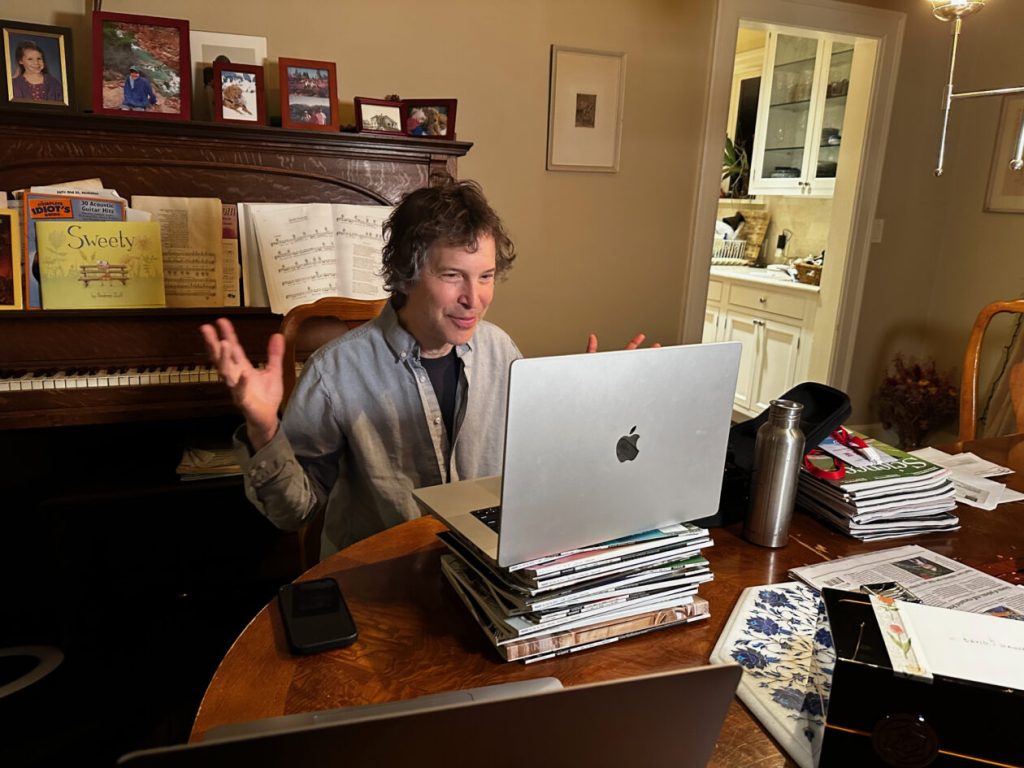David Baker, a biochemist at the University of Washington, has been awarded a share of the Nobel Prize in chemistry for his groundbreaking discoveries in protein structure over the past two decades. These discoveries have opened up new avenues for medical therapies, materials, and startups. Baker, who is the director of the UW Medicine Institute for Protein Design, emphasized that protein design has vast potential to improve the world, and that we are only at the tip of the iceberg in terms of possibilities.
The Royal Swedish Academy of Sciences praised Baker for his ability to build entirely new kinds of proteins, including those used in pharmaceuticals, vaccines, nanomaterials, and sensors. His work has been instrumental in predicting protein structures and designing new proteins, which are essential for understanding biological processes at the cellular level. Baker’s early protein design tools were made available to the public through the Rosetta Commons, and later utilized in a crowdsourcing campaign called Foldit, which engaged hundreds of thousands of computer users in unraveling protein structures.
Artificial intelligence tools have further accelerated the pace of protein structure prediction, leading the Institute for Protein Design and Google DeepMind to be recognized as world leaders in this field. Baker’s collaboration with Microsoft five years ago focused on leveraging AI to accelerate the development of vaccines and drugs. Half of this year’s Nobel Prize in chemistry will go to Baker, while the other half will be shared by Demis Hassabis and John Jumper of Google DeepMind.
Baker’s research has contributed to the creation of the world’s first computationally designed protein medicine, including a vaccine for COVID-19 developed by colleagues at UW Medicine. He holds over 100 patents and has co-founded 21 biotech companies, some of which have already been acquired by major pharmaceutical companies. The impact of his work extends to various applications, from designing new treatments for diseases like cancer and Alzheimer’s to producing materials with potential uses in electronics and environmental sustainability.
Baker’s achievements have had a transformative effect on the global tech ecosystem, with his lab being described as “transformational to the world.” His recognition as a Nobel laureate marks a significant milestone in his career, which has been marked by groundbreaking discoveries in protein design and structure. Beyond his scientific contributions, Baker is also praised for his visionary approach to biochemistry and his support for the commercialization of research.
As the eighth UW faculty member to receive a Nobel Prize, Baker’s achievement is celebrated by the University of Washington community. His local roots in Seattle, combined with his global impact, highlight the significance of his work. Baker’s dedication to his research, coupled with his collaborations and contributions to the tech and biotech industries, exemplifies the innovative and talented faculty at UW. This recognition from the Nobel Prize committee cements his legacy as a leader in the field of protein design and structure.












